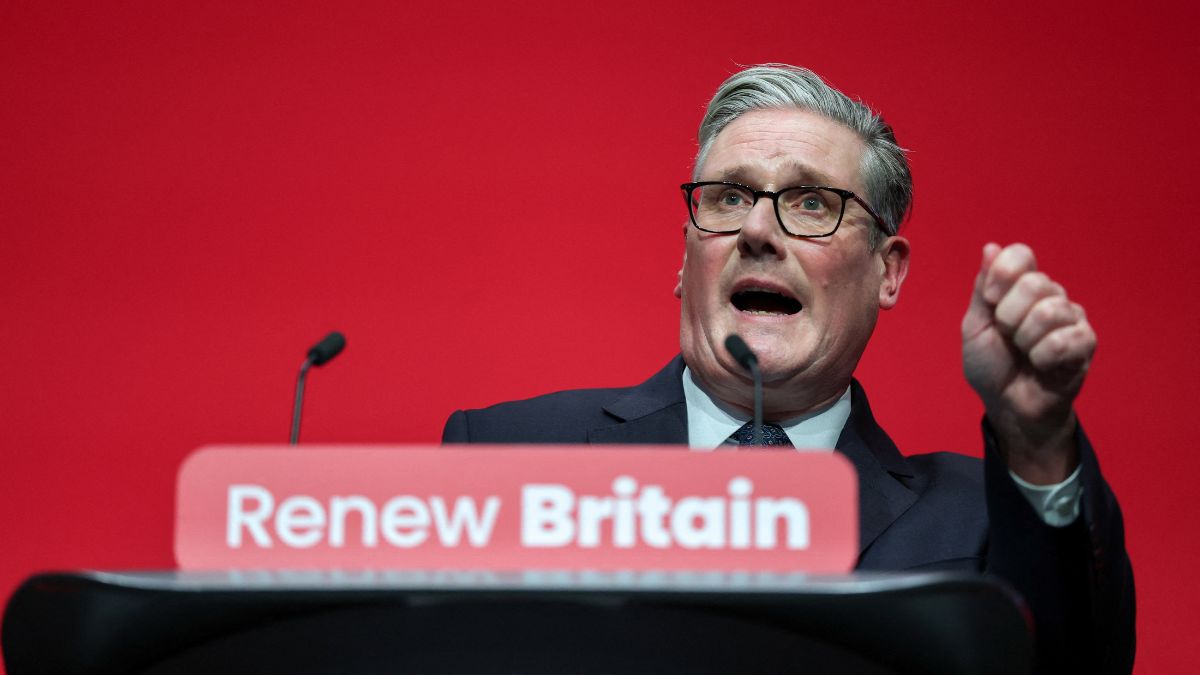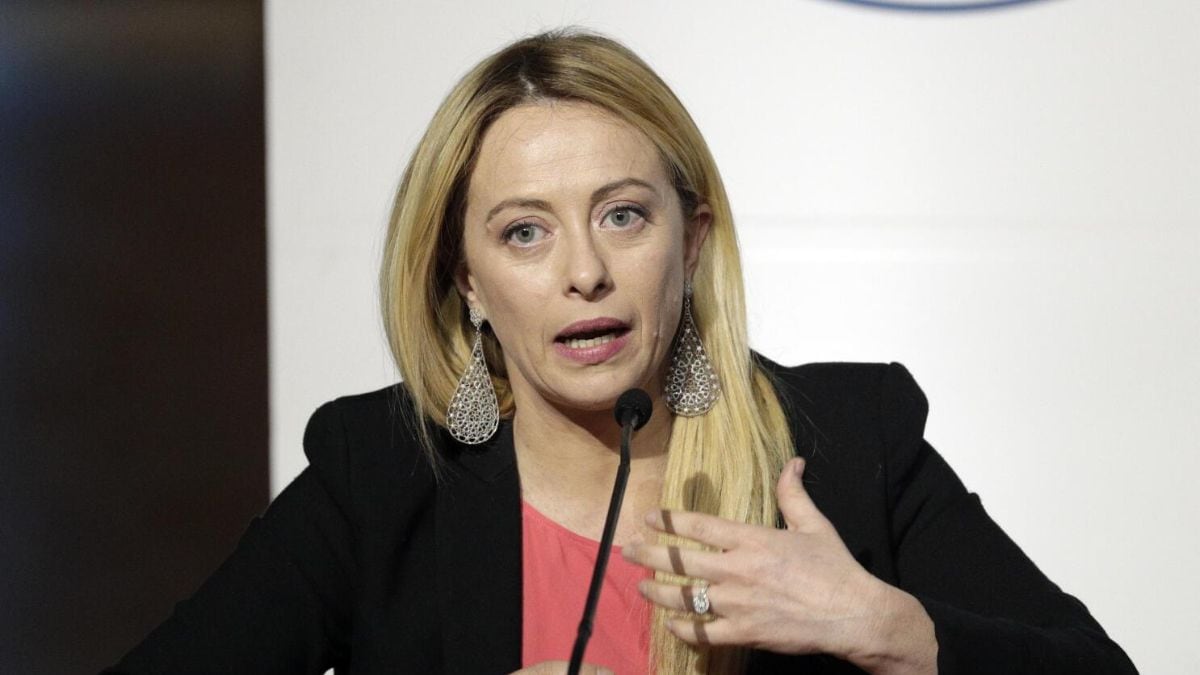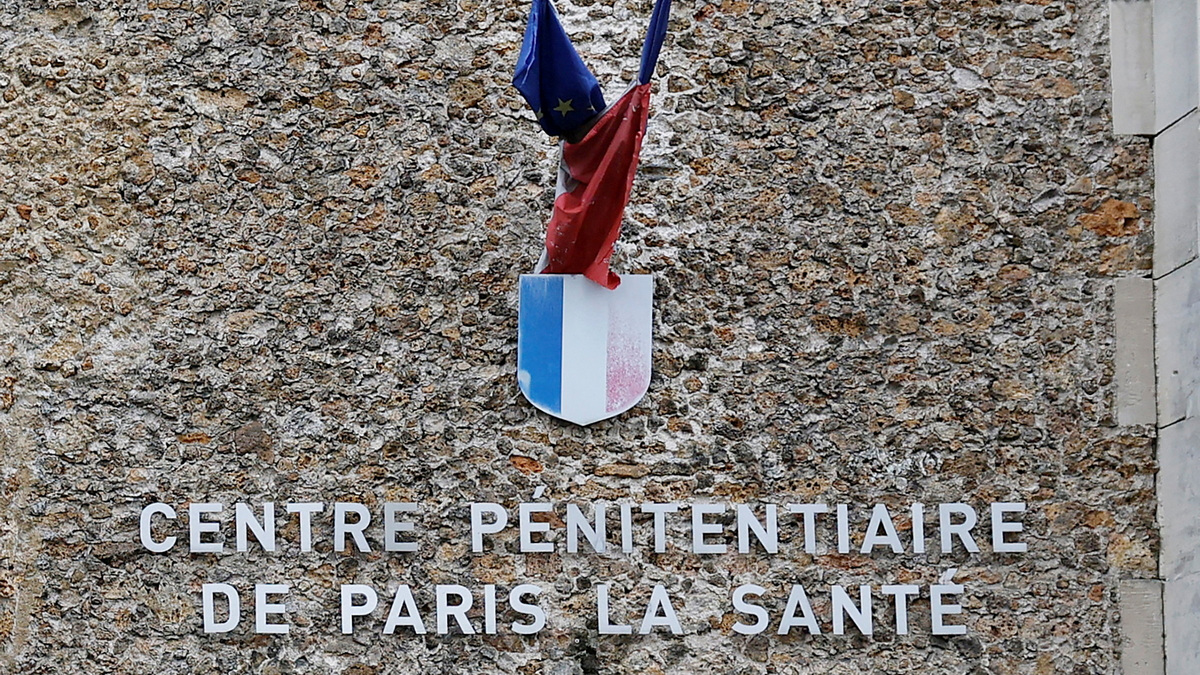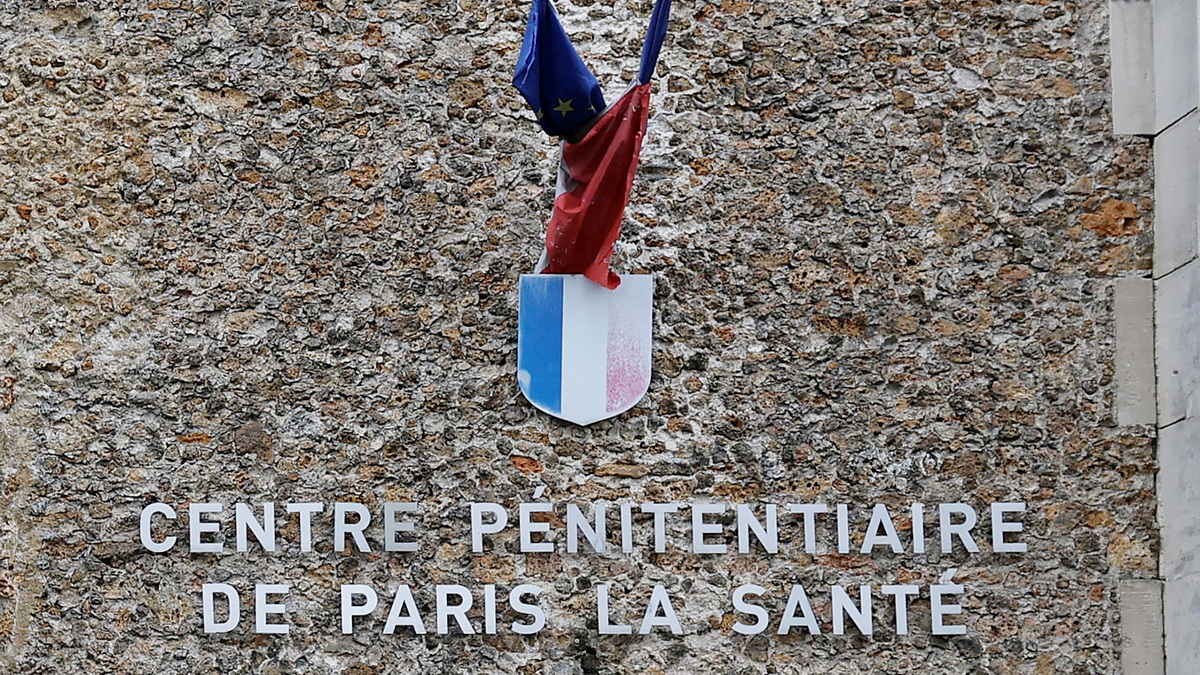Britain is on track to record the highest inflation among major developed economies, with consumer prices expected to rise around 4 per cent, outpacing the US, Germany, and Japan.
Despite Prime Minister Keir Starmer’s pledges of economic stability, a mix of domestic and global pressures continues to drive up costs across key sectors.
Data due on Wednesday is expected to confirm inflation at 4 per cent in September, double the Bank of England’s 2 per cent target.
Though well below the 11.1 per cent peak in 2022 after Russia’s invasion of Ukraine, stubborn price growth is still squeezing households and could keep borrowing costs higher for longer.
What’s driving UK inflation
1. Energy costs
Global market volatility and higher oil and gas prices continue to push up household bills and heating costs.
2. Supply chain bottlenecks
Brexit-related trade barriers and lingering post-pandemic disruptions have increased import and raw material costs.
3. Wage pressures
Worker shortages across industries have led to rapid wage growth, compounded by higher minimum wages and employer taxes, pushing up business costs.
4. Government-influenced price hikes
Regulated costs such as bus fares, sewerage charges, vehicle excise duty, and the new VAT on private school fees have added to inflationary pressure.
5. Rising food prices
From packaging taxes to higher social security contributions and volatile global food prices, grocery bills remain elevated.
6. Transport and travel
Surging airfares and fuel prices have made transport inflation a major strain on household budgets.
Impact Shorts
More Shorts7. Tax and fiscal measures
Recent tax hikes and fiscal tightening—though aimed at long-term stability—have had a short-term inflationary effect.
8. Global spillovers
Global energy and commodity markets continue to shape domestic prices, limiting the government’s ability to quickly rein in inflation.
The political challenge
Finance Minister Rachel Reeves faces mounting pressure ahead of her upcoming budget. She has vowed to ease the cost-of-living crisis and spur growth, but expected tax increases could worsen inflation in the short term.
Why it matters
Real household incomes have barely improved since 2010, and slowing wage growth means families still struggle to keep up with rising prices.
The government also faces higher debt-servicing costs, as a large share of its bonds are indexed to inflation, further straining public finances.
What’s next
The Bank of England expects inflation to peak in September but does not see it returning to 2 per cent until mid-2027.
Governor Andrew Bailey has warned that the outlook remains uncertain, suggesting interest rate cuts are unlikely anytime soon.


)

)
)
)
)
)
)
)
)



